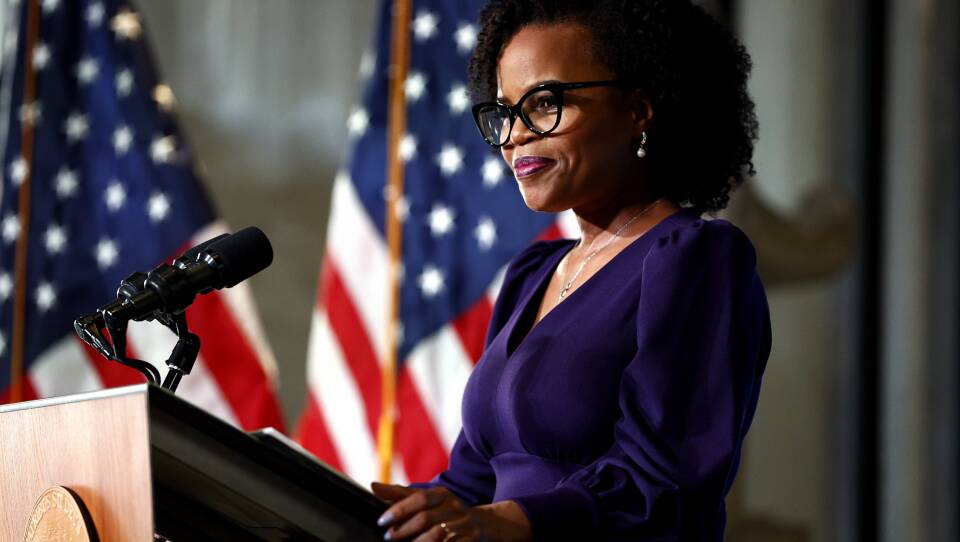Acting Mayor Kim Janey said Thursday the positivity rate jumped for the second time in 30 days to 4.8 percent, or more than 200 cases per day, but those metrics are only two of six that officials are using to gauge Boston's overall level of risk.
Just two days ago, Janey announced that Boston's positivity rate was 4.2 percent, which was a 17 percent increase over the previous plateau of 3.5 percent. Throughout the pandemic, health officials had said a positivity rate of 5 percent or more was a danger signal.
In addition to daily positive cases and the daily percent of positive cases, other key indicators include community COVID tests, COVID-related ER visits, available ICU and medical surgical beds, and ICU bed occupancy.
Janey indicated that hospital activity is holding steady, and testing is increasing as the vaccination rollout continues, implying less cause for alarm than in earlier phases of the pandemic when no preventative treatment existed.
Current metrics show Boston residents taking about 3,800 tests per day over a week. COVID-related emergency visits to Boston hospitals stand at about 170 a day for over a week.
“We are encouraged to see increased testing activity across the city neighborhoods. While vaccination is a major priority in our COVID-19 response, testing remains critical to controlling the spread,” she said, encouraging regular testing. “While we are thankful we are not seeing an increase in hospital activity, we want to prevent that by doing all we can to slow the spread.”
At last check, nearly 18 percent of Boston residents age 16 and up have been fully vaccinated — a number that will increase later this month when all people become eligible to get the shots.
A spokesman for the acting mayor said there are no plans to slow down Boston's reopening.
Responding to a reporter question, Janey said city officials will continue to monitor the key data.





